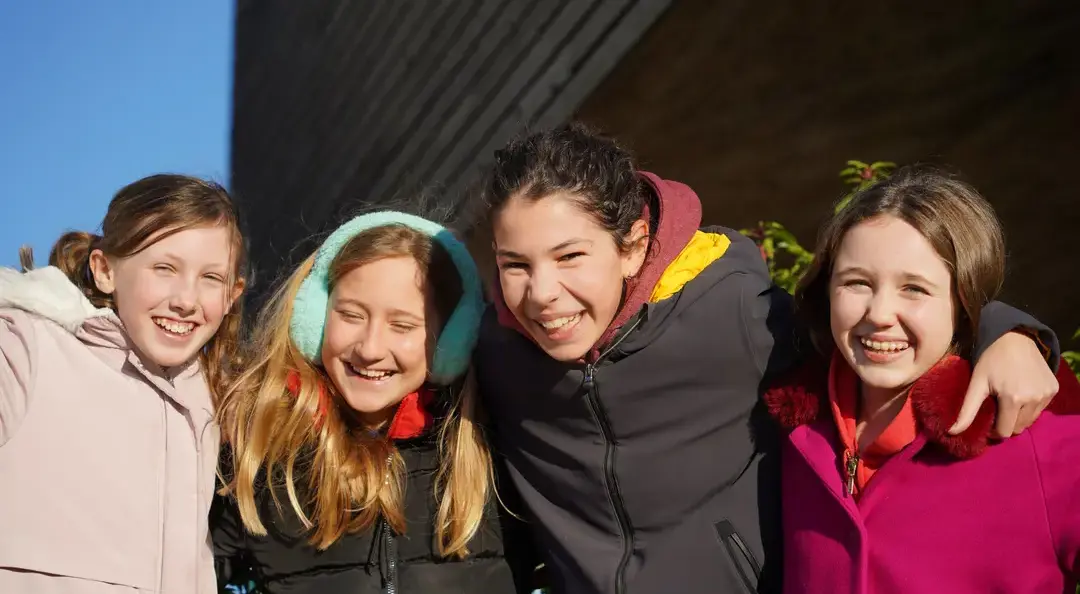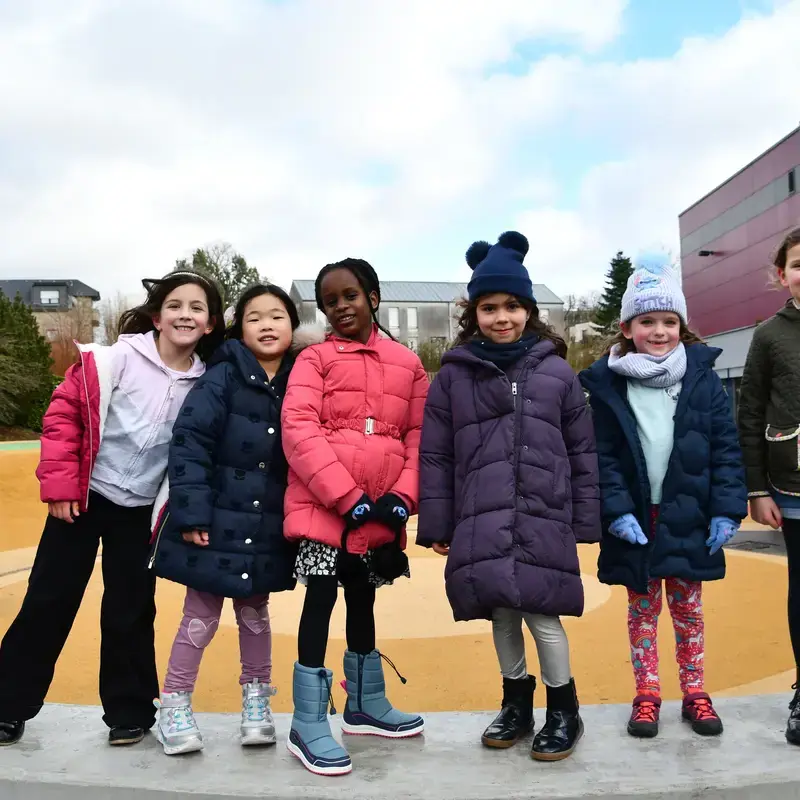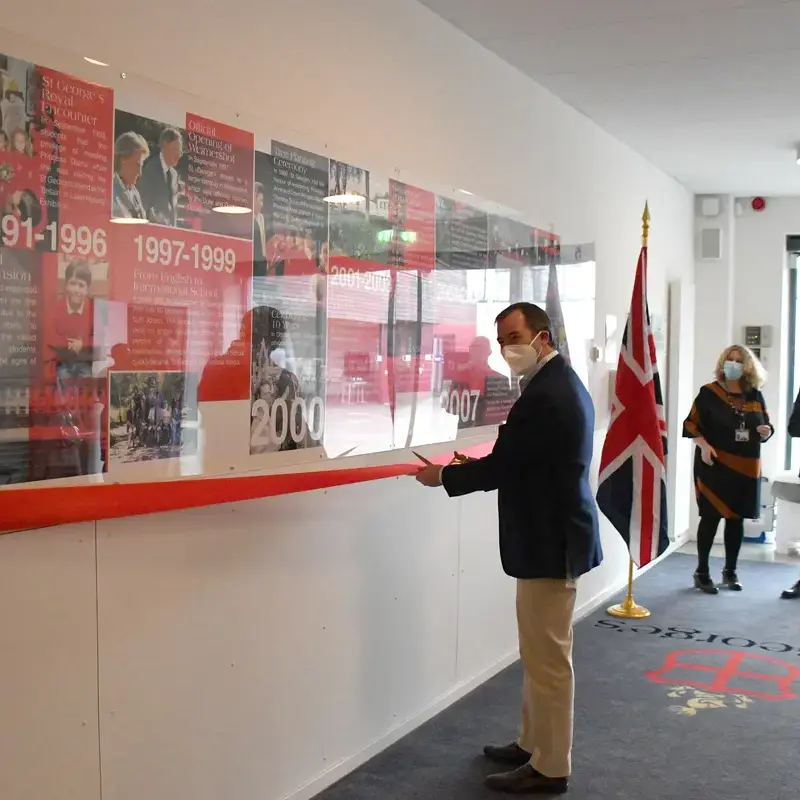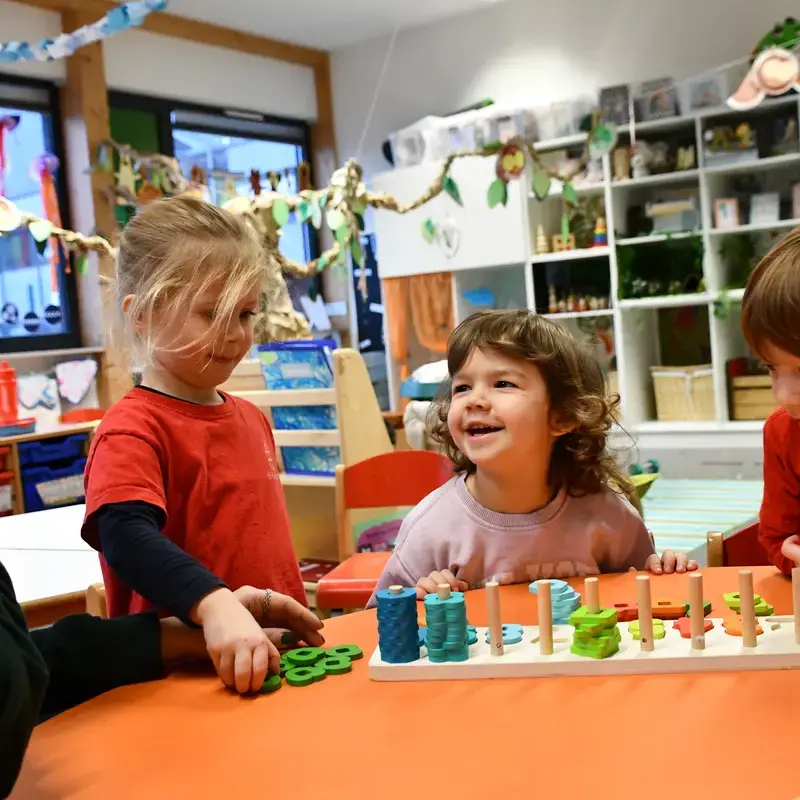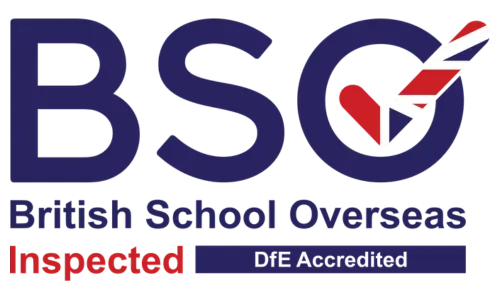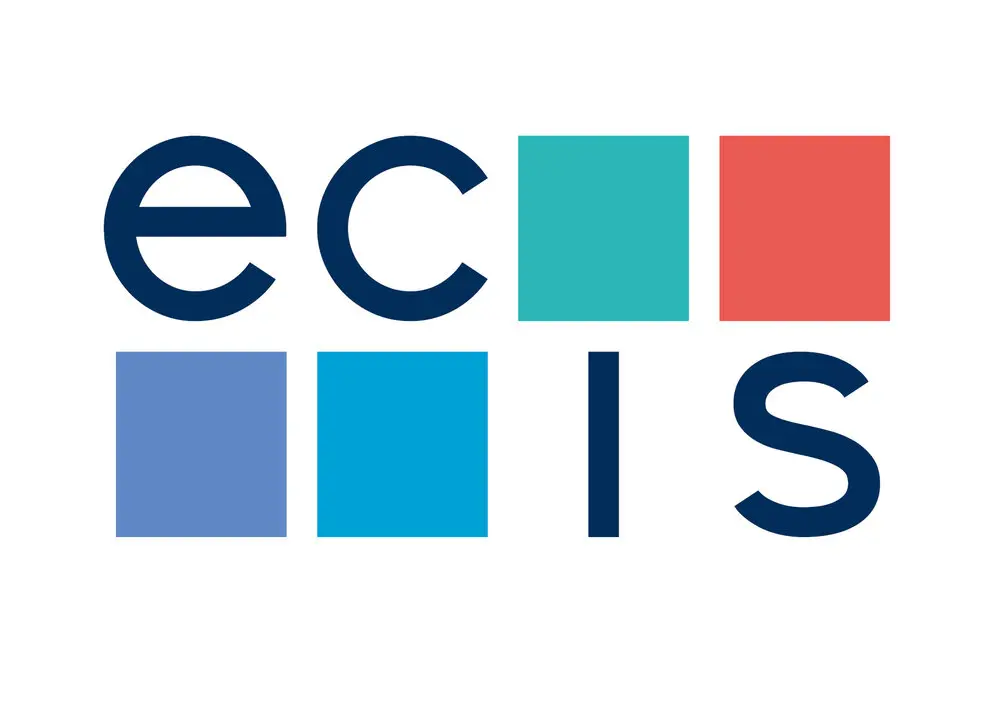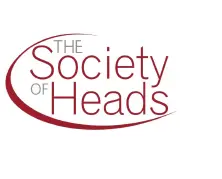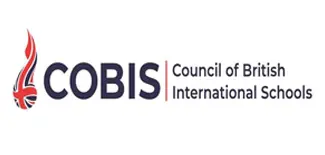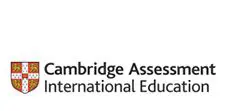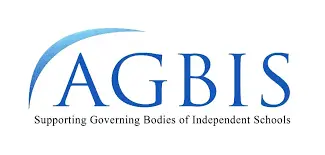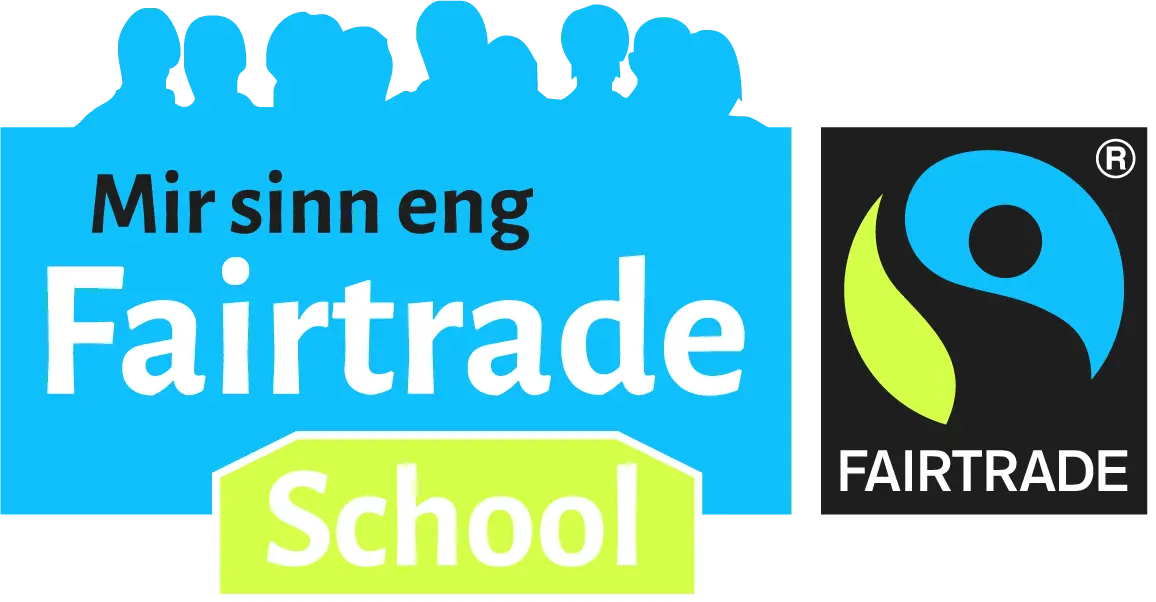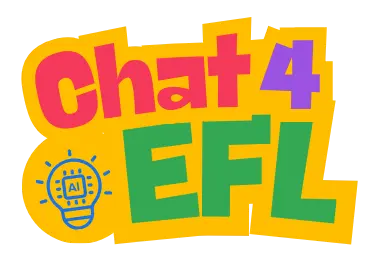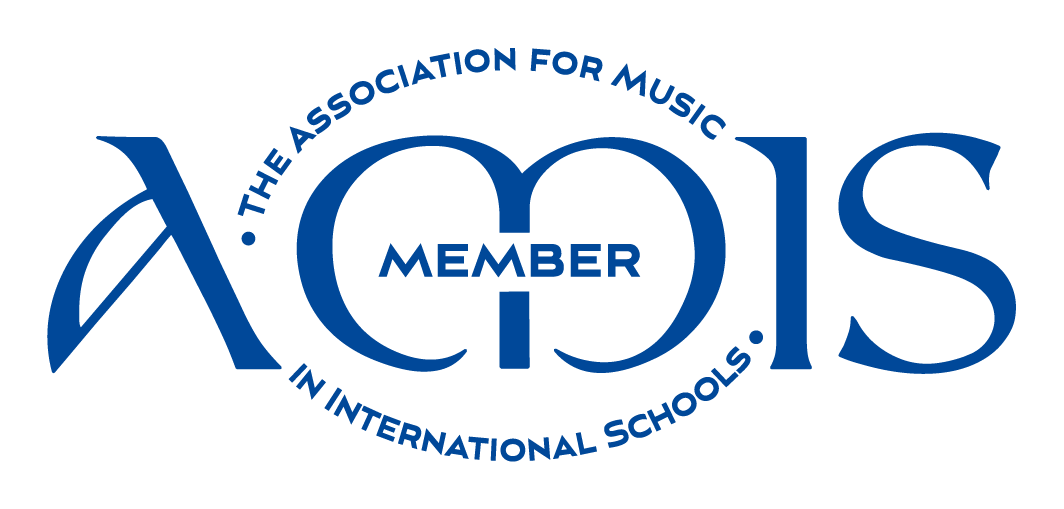ABOUT
Community and Belonging
Celebrating our diversity is key to the St George’s mission of helping our students flourish and develop the skills, values and experience to thrive in a complex world, ready to contribute and make a difference locally or globally.
An international school with students and staff from more than 70 countries, St George’s is naturally culturally diverse. Our aim is to ensure that every individual in our community feels welcomed, safe and included. Over the past 10 years, as the school has grown, we have embedded our equity, justice and inclusion values into every aspect of our curriculum and activities. To find out more, please look through the Frequently Asked Questions below.
On this page, you can also find links to our DEIJ policy, the Luxembourg Diversity Charter and the British Schools Overseas statutory guidance that underpins our approach to inclusion, equity and diversity.
We believe that an inclusive school, founded on established values of generosity, kindness and justice, enriches all of us who study and work here. Our mission is to send our students out into the world able to engage with acceptance and curiosity with anyone they may meet, feeling secure and safe in their own identity and ready to help others achieve confidence and capability.
Additional Resources
- Luxembourg Diversity Charter
- British Schools Overseas Standards
- PSHE Association
- St George's DEIJ Policy
Frequently Asked Questions
| What is St George’s approach to DEIJ? |
|---|
|
St George’s is an international school with more than 70 nationalities represented in both the student and staff bodies. We wish to celebrate this diversity and ensure that every member of our community feels that their day-to-day experiences are founded on principles of equity and justice. St George’s is a place where all of us should feel safe and included with a strong sense of belonging: an environment that welcomes newcomers and actively makes every member of our community feel safe and included. In the Primary school, staff choose books and topics that stimulate our younger learners and introduce them to the need to treat people of all backgrounds and abilities with respect and openness. While the focus of the Primary curriculum is to ensure that all our students develop core skills and knowledge - the building blocks of their future learning - we also prepare resources that represent the world in all its variety, providing clear examples of equity and justice in an age-appropriate way. This also aligns with our commitment to the UN’s Sustainable Development Goals. We want our curriculum to be accessible to all and for our students and staff to understand how we can adapt our teaching and learning to include people of all abilities and backgrounds. In Secondary, as students experience more subject-based learning, they are introduced to the knowledge and skills needed to engage with complex questions through a range of topics. In geography, for example, students learn about population growth and movement, sustainability and environmental challenges to society. In science, we look at genetics and biodiversity. The study of maths engages students in the ways in which statistical data can be manipulated. In history, they may learn about the Civil Rights movement in the US and the English department chooses class texts that explore how prejudice and fear can lead to dangerous outcomes, whether this is through classic books such as To Kill a Mockingbird or more contemporary books such as I am Malala. DEIJ principles and concepts have long been embedded not just in St George’s but in school programmes around the world, such as the UK National Curriculum and the International Baccalaureate Primary, Middle Years and Diploma programmes. |
| How might DEIJ principles affect academic standards? |
|
Teachers work hard to integrate principles and concepts connected with DEIJ in ways that complement and enhance academic learning. This encourages critical thinking, empathy and social awareness - valuable skills for academic and personal success. We welcome opportunities for our students to participate in open debate and discussion. The key is to ensure that this is delivered in an age-appropriate way. In Secondary, when it comes to exam preparation, DEIJ concepts are already built into certain subject specifications by exam boards. |
| Does DEIJ replace any core subjects? |
|
No, DEIJ is not a single topic, nor is there any standalone teaching of DEIJ. Since its inception, St George’s has used a range of materials and resources to explore questions of diversity of culture, tradition and nationality, equality and equity of opportunity and fairness in societies, inclusion of all protected characteristics and what makes a just and fair society. These materials and resources have been used with children of all ages in lessons about geography, history, PSHE (personal, social, health and economic education), English, science and maths, because these concepts of diversity, equality, inclusion and justice are universal and embedded in the British curriculum that we follow. |
| What are the protected characteristics and how does St George’s reflect these? |
|
In European and British law, and in the statutory British Schools Overseas guidance, it is illegal to discriminate against any group or individual on the following grounds:
These nine grounds are protected characteristics. There are times when these protected characteristics can come into conflict. At St George’s, our approach to DEIJ means that in an age-appropriate way, when such conflicts arise, we seek to resolve this through dialogue, aware that every situation is unique. Research suggests that such conflicts are rarer in environments where inclusion, community and respect for the protected characteristics are openly discussed and promoted. We want St George’s to embody this kind of environment, where everyone feels safe, valued and included in our community. |
| How are teachers trained to deliver DEIJ in the curriculum? |
|
At St George’s, many of our teachers have undertaken research into DEIJ issues as part of their teacher training and studies towards further academic qualifications. We use this expertise to share best practice in our planning and preparation, and to explore how we can develop understanding through our Professional Learning Communities. An example is recent training in AI alerting teachers to the dangers of inbuilt bias in large language models based on the cultural backgrounds of the programmers, which in turn influence algorithms and coding. This has led to facial-recognition systems being unable to respond to faces of people from different ethnicities. |
| How does St George’s address bias and discrimination? |
|
Our behavioural policies and approaches address incidents of bias and discrimination. Teachers may observe instances where children unwittingly or intentionally target a fellow student because of a perceived difference. We address this through open discussion. We encourage staff, children and parents to report any instance of unkind behaviour arising from bias, prejudice or discrimination. Our response may include quiet conversations with individuals, assemblies, debates, discussions, restorative meetings or exploration of scenarios through role play or case studies. This list of approaches is not exhaustive. We include parents in these discussions. We want children to use empathy and kindness in their relationships, but we understand that there can be moments of misunderstanding and we all make mistakes. We want to support any child who feels vulnerable as a result of unkind words or behaviour, and we also want to help those children who make mistakes to understand the underlying principles of kindness and respect. |
| What resources are available for parents to learn more about DEIJ? |
| In addition to our website, which includes links to British and Luxembourg resources as well as to our DEIJ policy, we are also working on sharing our programmes of study, particularly for Personal, Social and Health Education (PSHE) in Secondary and the Social, Moral, Cultural and Spiritual (SMSC) programme in Primary. Our aim is to make these available to parents by the end of this academic year. |
| How does including DEIJ principles in the curriculum benefit my child? |
|
We want students at St George’s to have a strong sense of their diverse individual cultural identity and background, to show empathy and an understanding of social responsibility. We want them to develop critical thinking so they reflect on how they can make a difference in building a fairer, kinder world. St George’s students already demonstrate this in many different ways, for example the Year 6 Soup Discos in which we cook soup from school-grown vegetables and donate it to Luxembourg charities. The amazing success of our Christmas shoebox initiative and food donations are also examples of how our whole community – students, parents and staff - can come together to support values of kindness, generosity and justice. You can discuss DEIJ with class teachers, leadership staff and with our DEIJ Coordinator (email) and our Principal (email). We are happy to arrange a meeting to discuss specific concerns within a family. |
EXPLORE MORE
About Us
Continue your St George's journey!

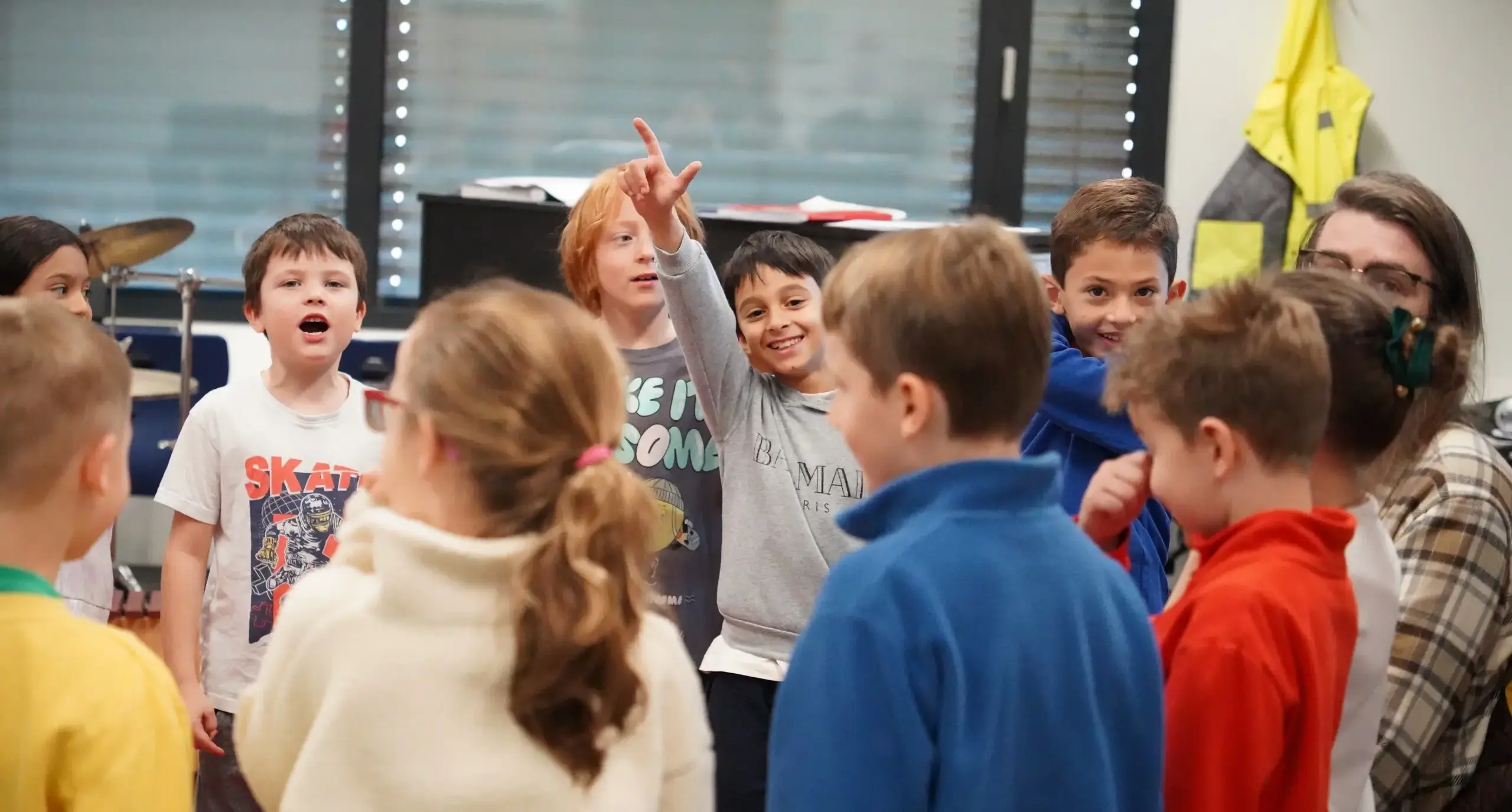

 Languages
Languages
 Nationalities
Nationalities
 Years
Years